EPSU and HOSPEEM sign Joint Policy Orientation to build a resilient European hospital and health sector
Brussels, 13 June 2025 – The European Federation of Public Service Unions (EPSU) and the European Hospital & Healthcare Employers’ Association (HOSPEEM) today sign their Joint Policy Orientation on Creating a Resilient Hospital and Health Sector after the COVID-19 Pandemic. A negotiated process-oriented text that sets common priorities for unions and employers and guides EU decision-makers on future legislation and funding.
Investment, people, and preparedness In the Joint Policy Orientation, the social partners for the hospital sector call for sustained public investment in hospitals and primary care, stressing that “healthcare funding is seen as a long term, ongoing investment rather than an expenditure”. The orientation encourages the Member States to prolong EU4Health in the next EU Multiannual Financial Framework. The Social Partners commit to work together with the support of governments to develop measures to reduce staff shortages, and refer to a wide range of actions to make the total reward package more attractive to workers including but not limiting to wages, work life balance or continuous professional development in line with their updated Framework of Action on Recruitment and Retention. The Social Partners emphasise the importance of diversity and gender equality in the healthcare workforce.
Stronger social dialogue and collective bargaining EPSU and HOSPEEM underline that stronger collective bargaining and early involvement of social partners in EU processes such as the European Semester are essential, especially during crises.
From words to follow-up Both organisations commit to follow-up every three years and to work closely with the European Commission, European Centre for Disease Prevention and Control (ECDC) and Health Emergency Preparedness and Response Authority (HERA) so that resilience remains a policy priority and lessons from COVID-19 are hard-wired into preparedness plans.
Jan Willem Goudriaan, EPSU General Secretary, said: “Our health systems cannot afford another round of austerity. The pandemic taught us that public investment fundamental to the resilience of our societies and economies. This joint policy orientation is a clear message from both workers and employers: investing in healthcare is key to Europe’s preparedness and social partners must be at the table shaping that future.”
Marta Branca, HOSPEEM Secretary General states: “Especially now that the EU places preparedness high on the agenda, it is important to recognise: funding healthcare is not a cost, but a long-term investment in our economy and society. Through the Joint Policy Orientation, we as Social partners are committing to a shared vision to help ensure that hospitals remain safe, adaptive, and sustainable workplaces capable of delivering high-quality care in any circumstance.”
The signing underscores the value of sectoral social dialogue contributing in delivering the European Pillar of Social Rights and the UN Sustainable Development Goals.
The Joint Policy Orientation can be found here.
For more information please contact:
Chloe Kenny ckenny@epsu.org EPSU
Leonie Martin l.martin@hospeem.eu HOSPEEM
The European Commission has also published a press release on the occasion.

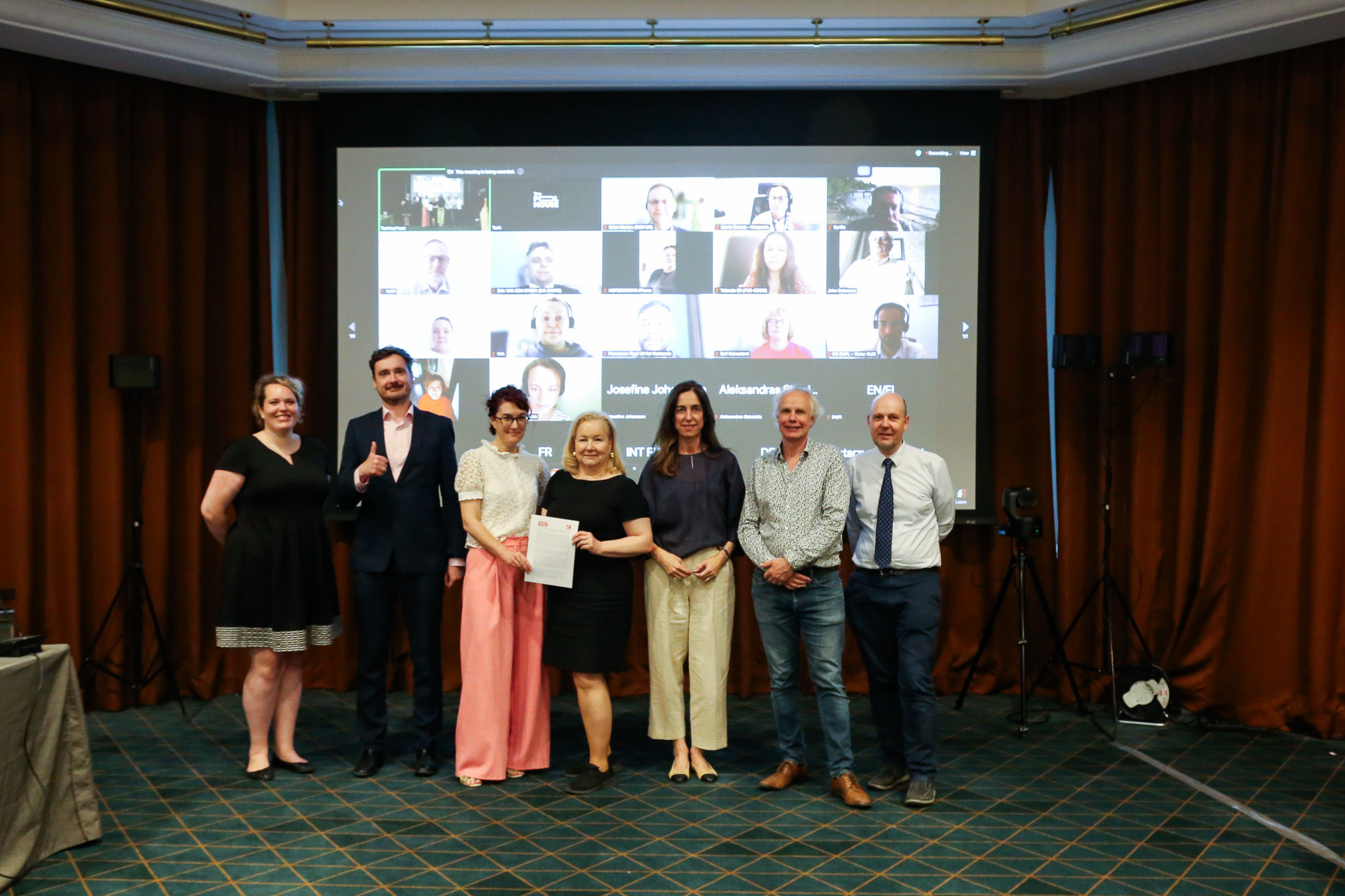
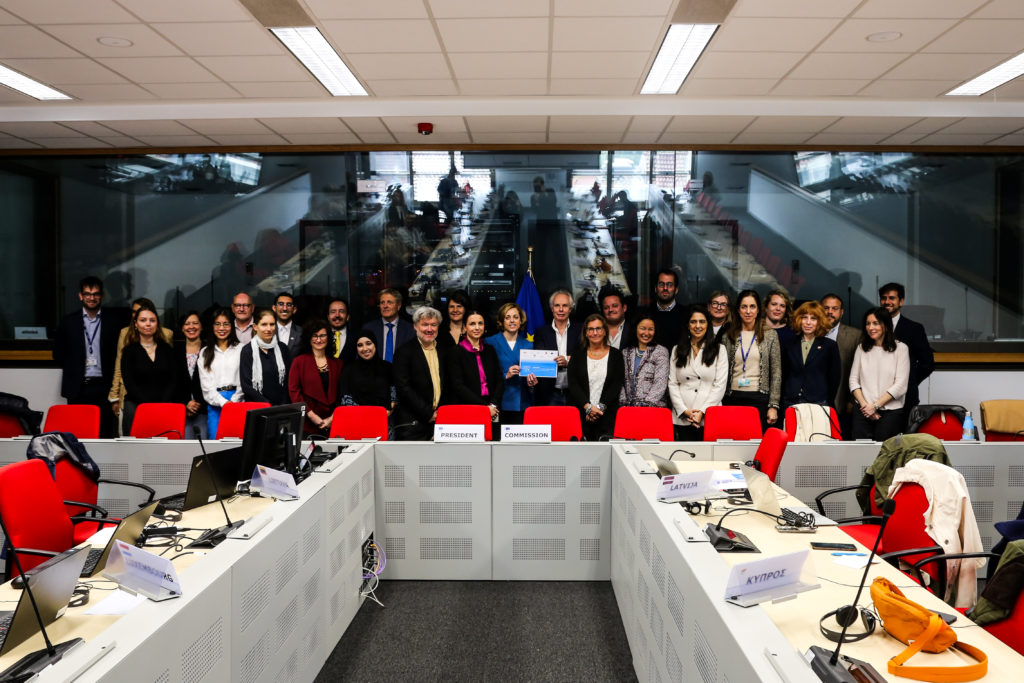
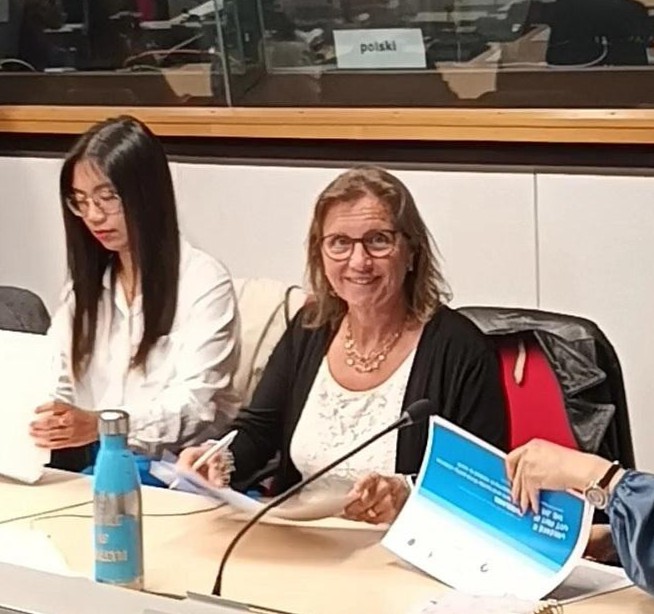
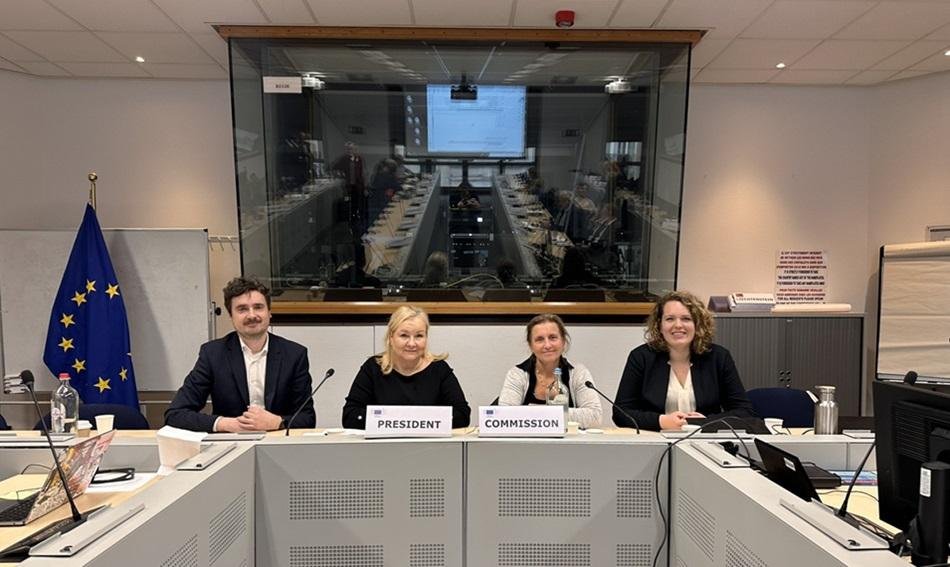

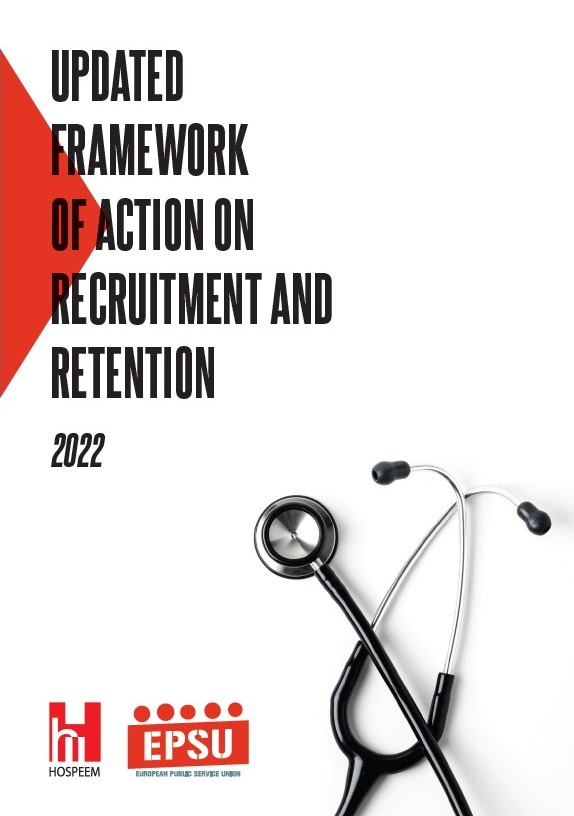
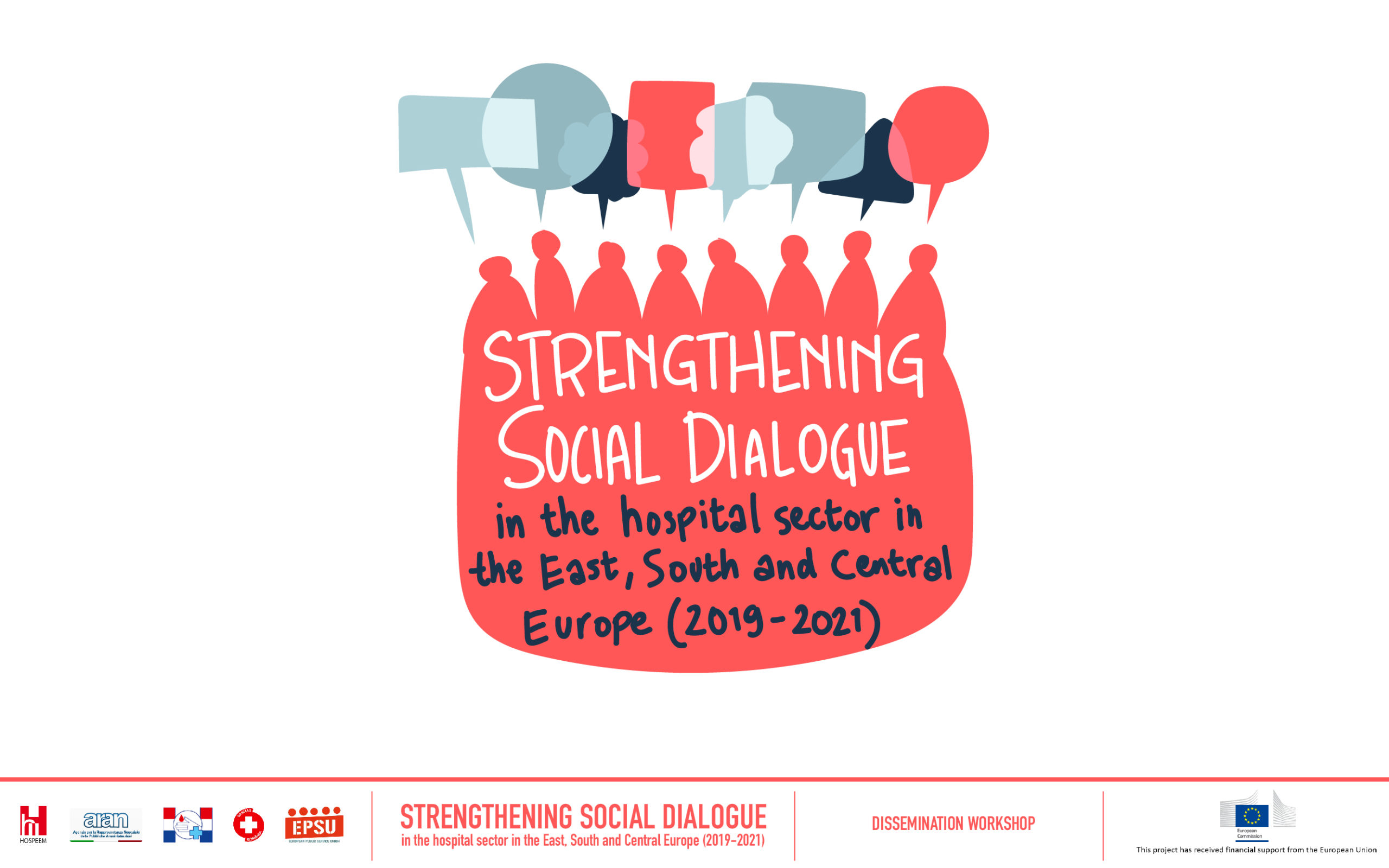
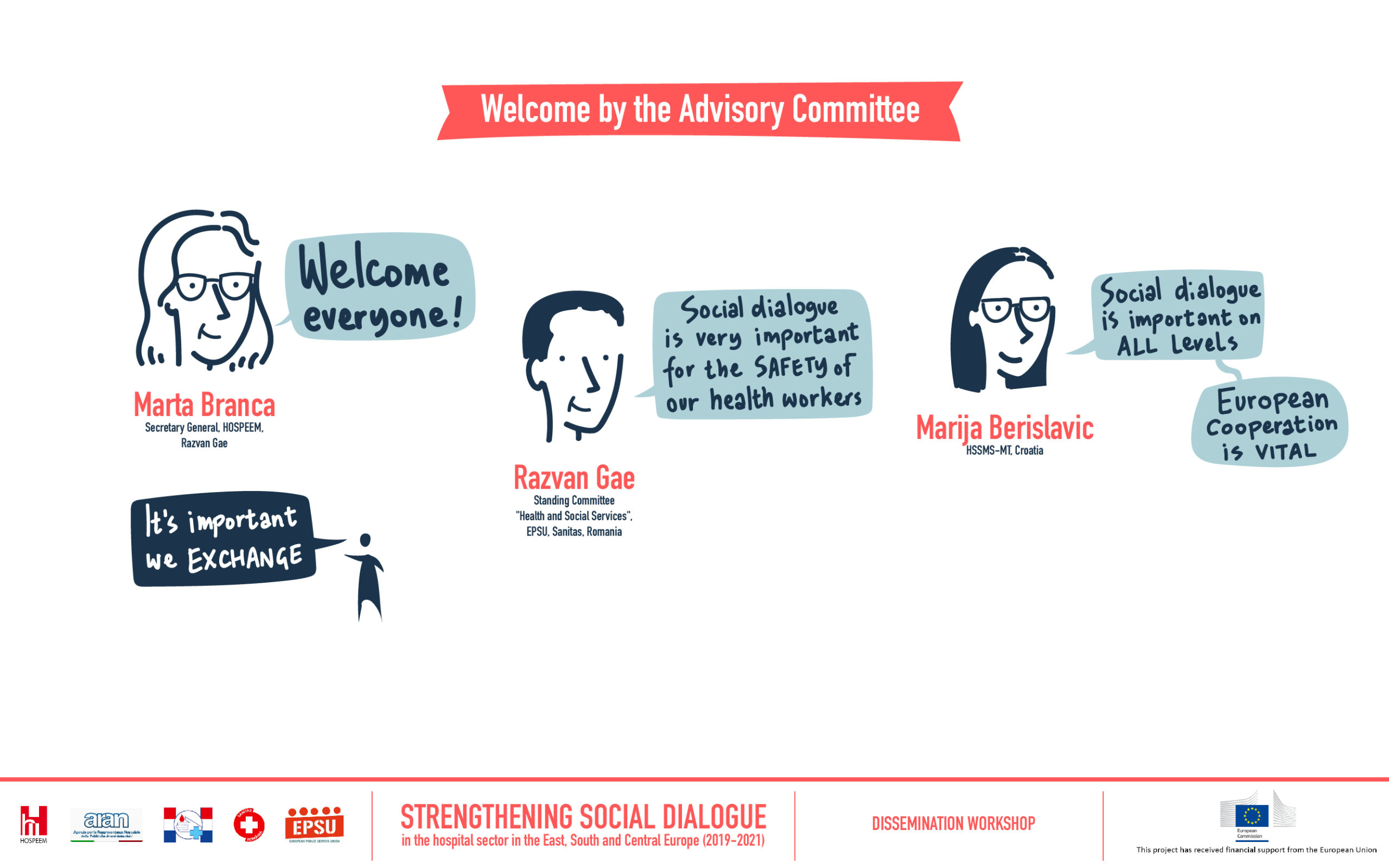
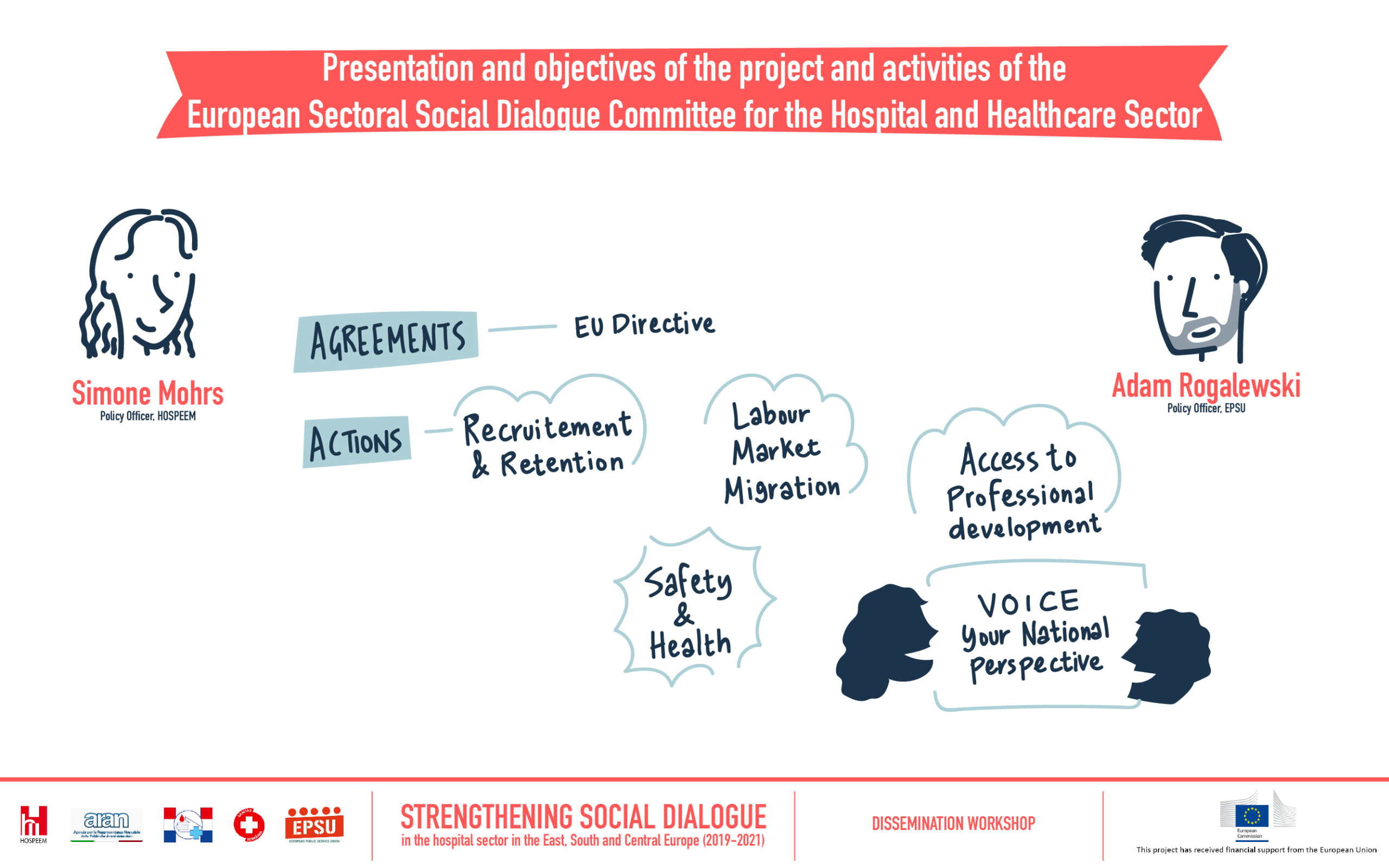
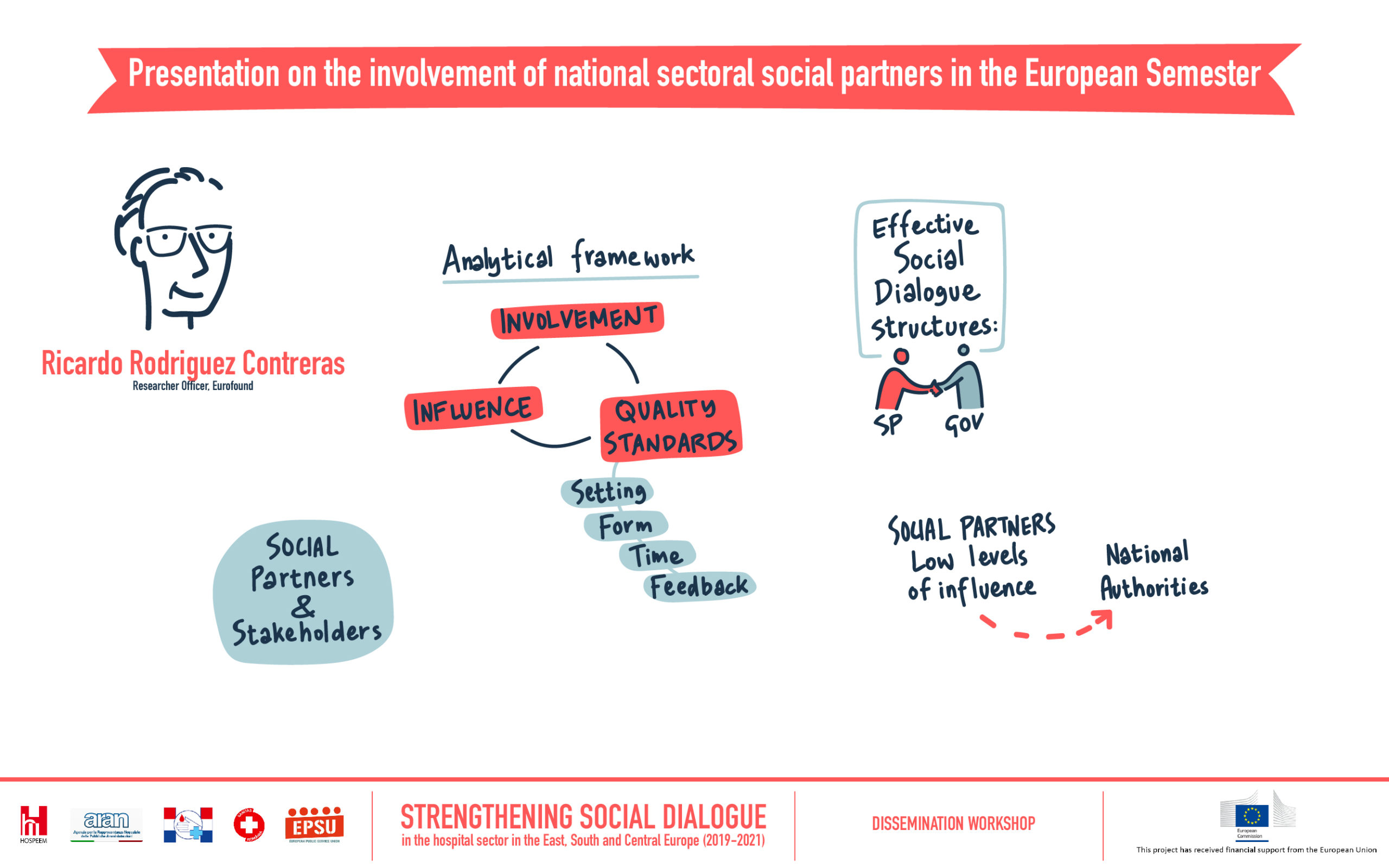
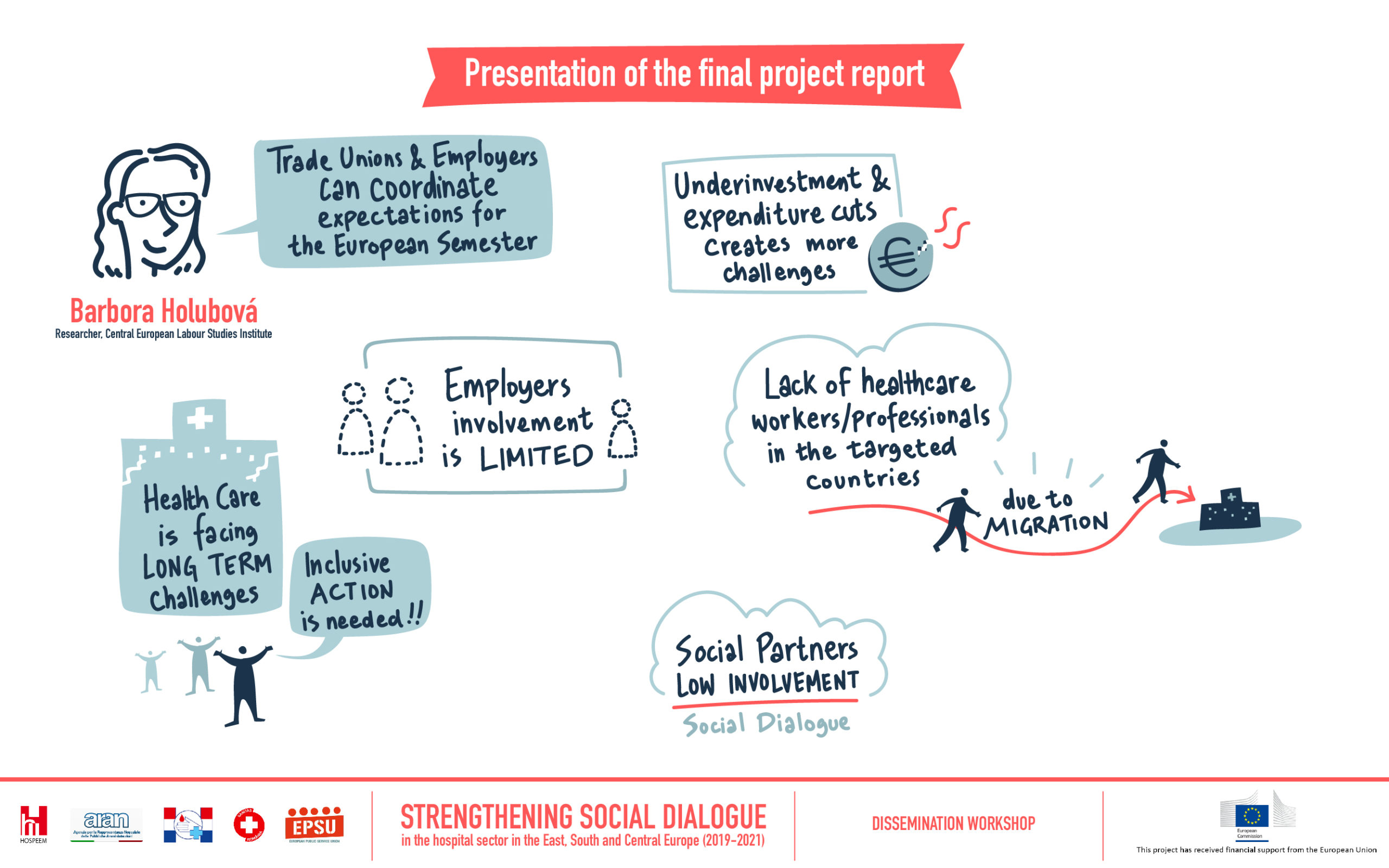
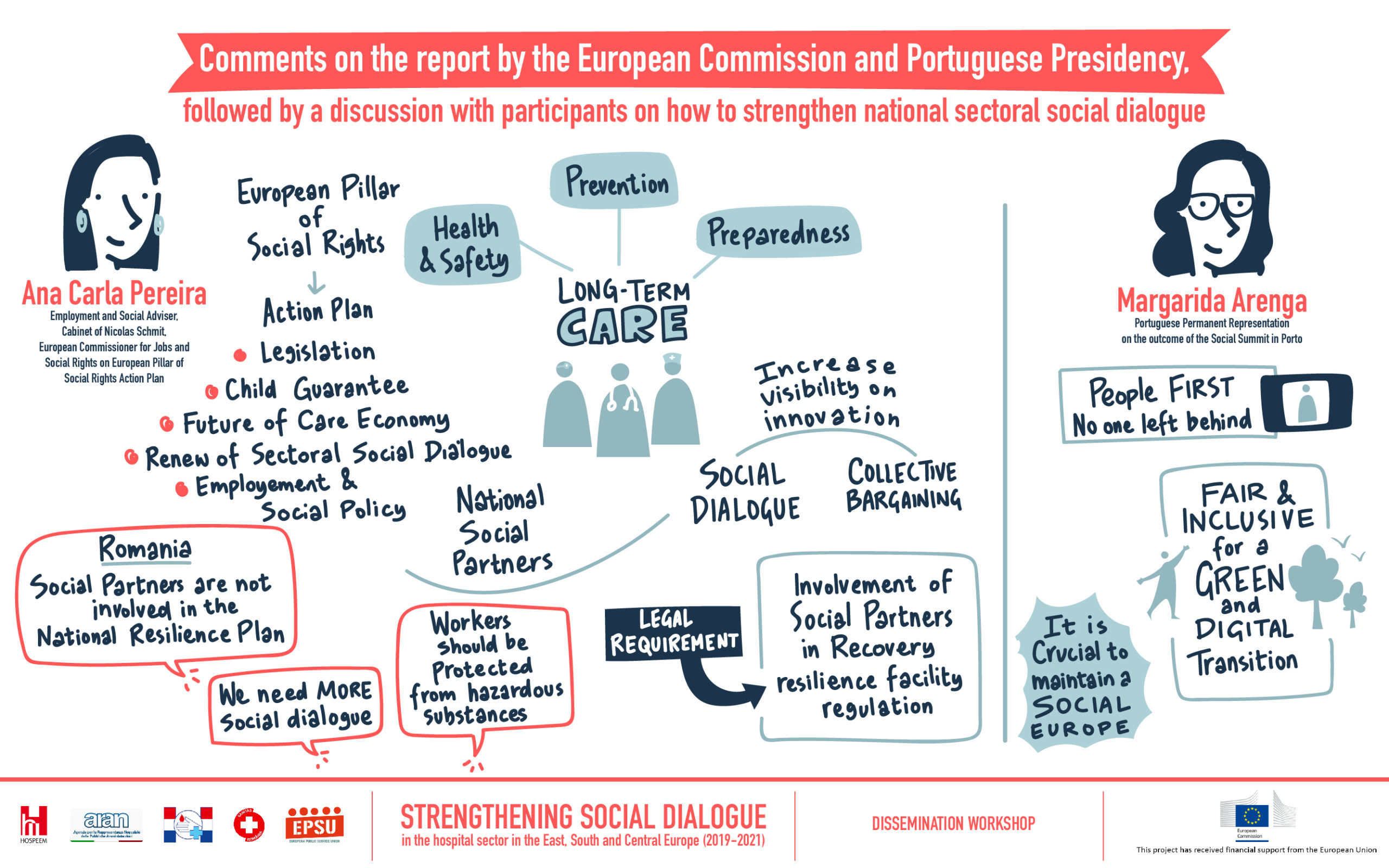
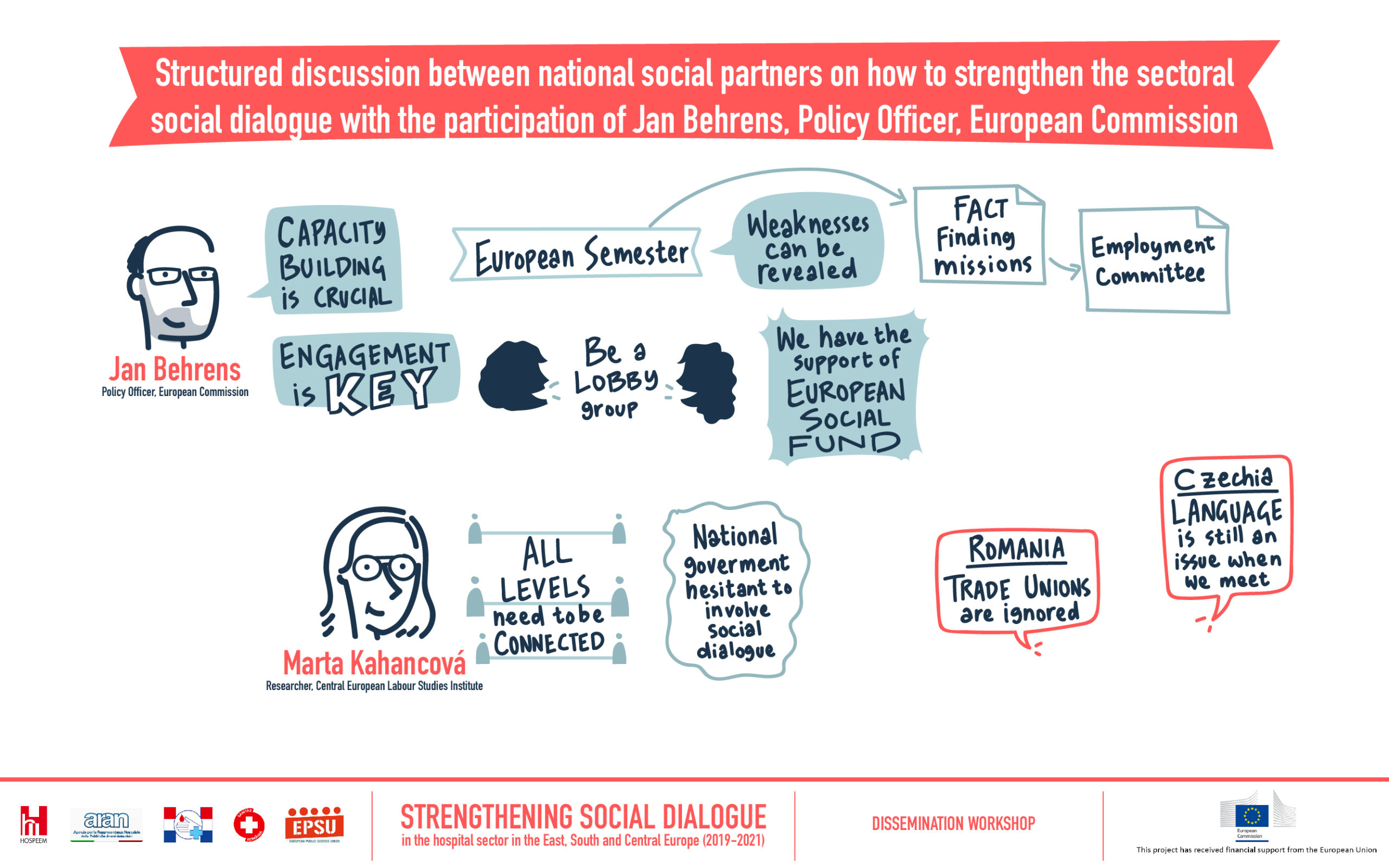
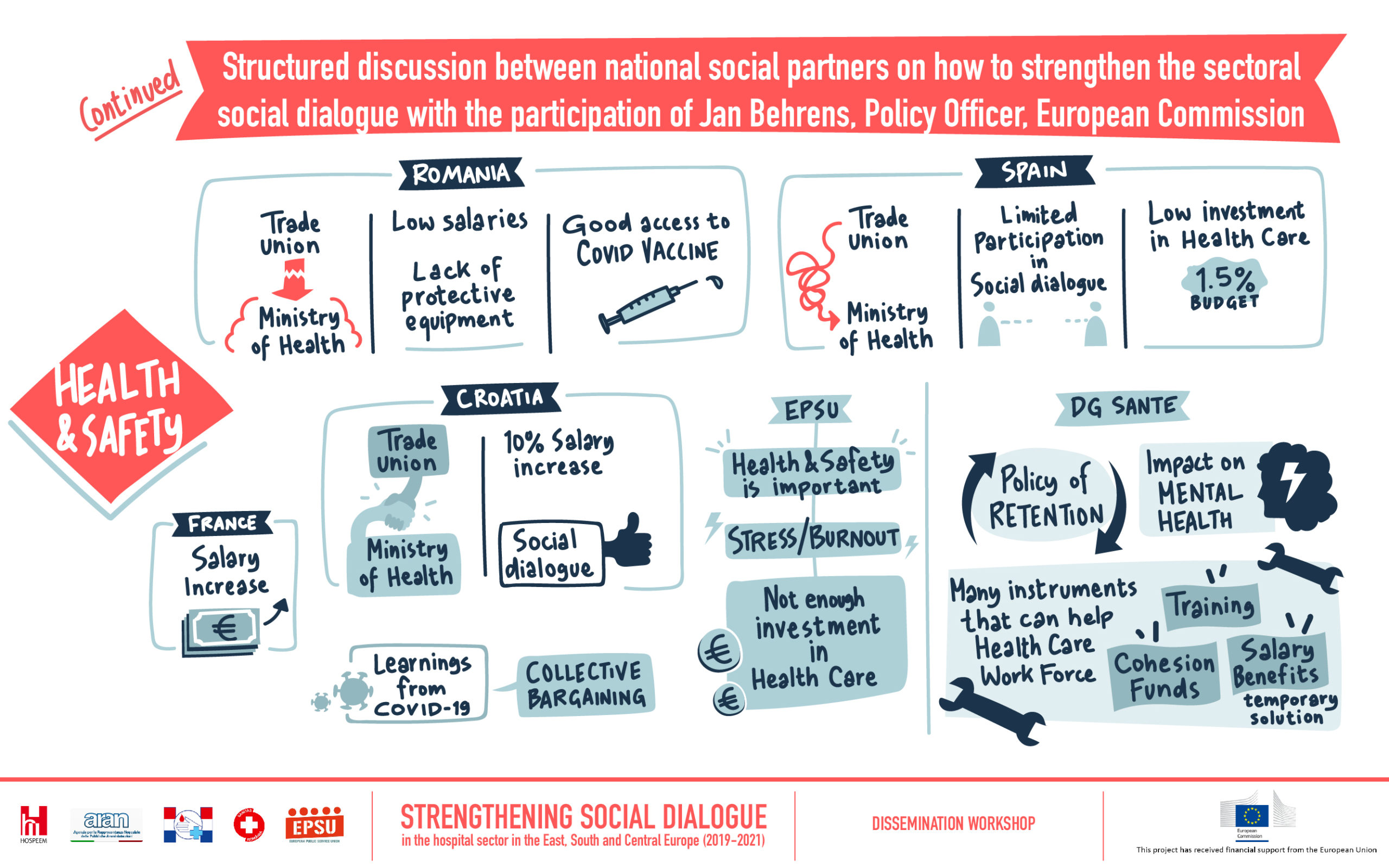
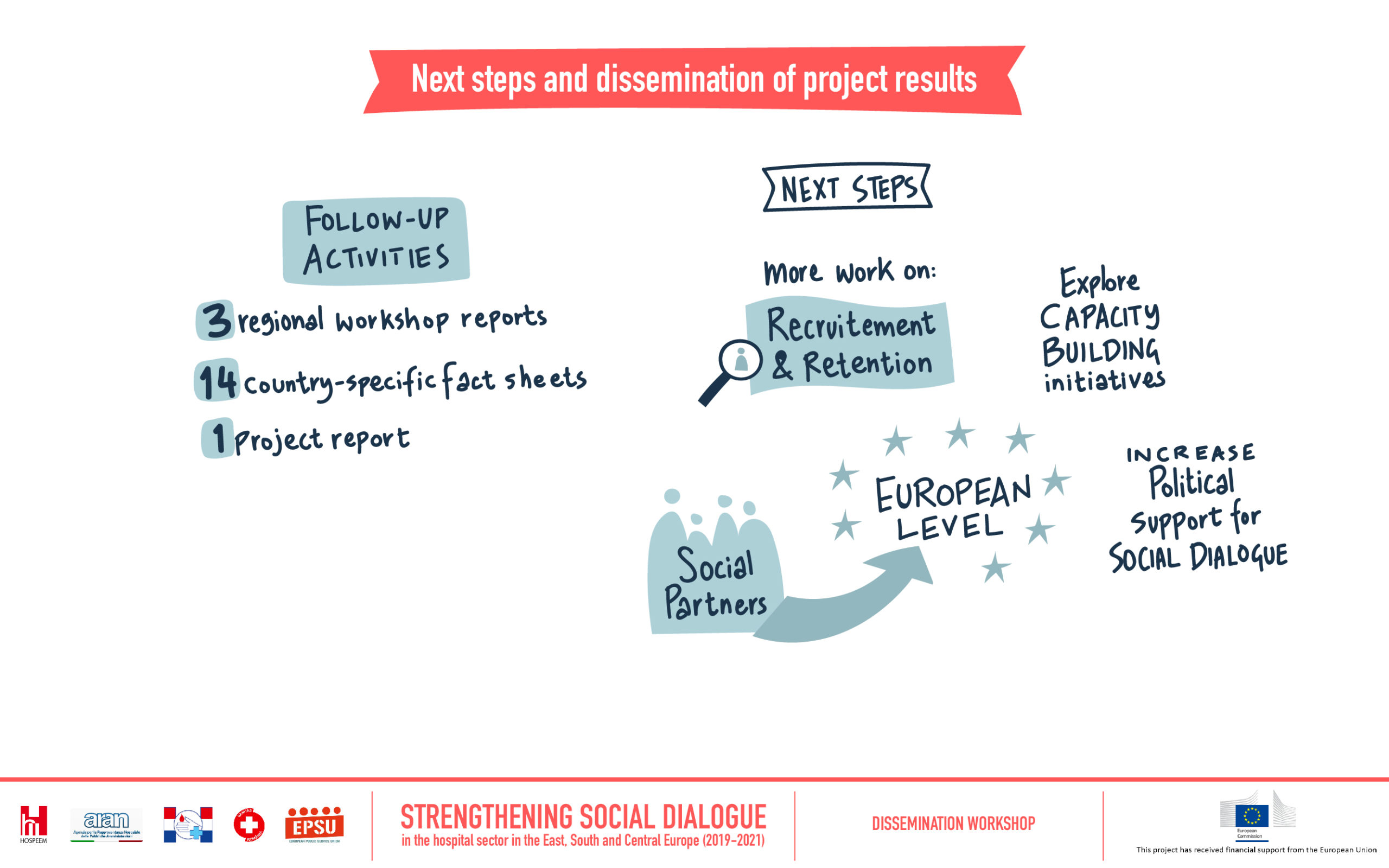
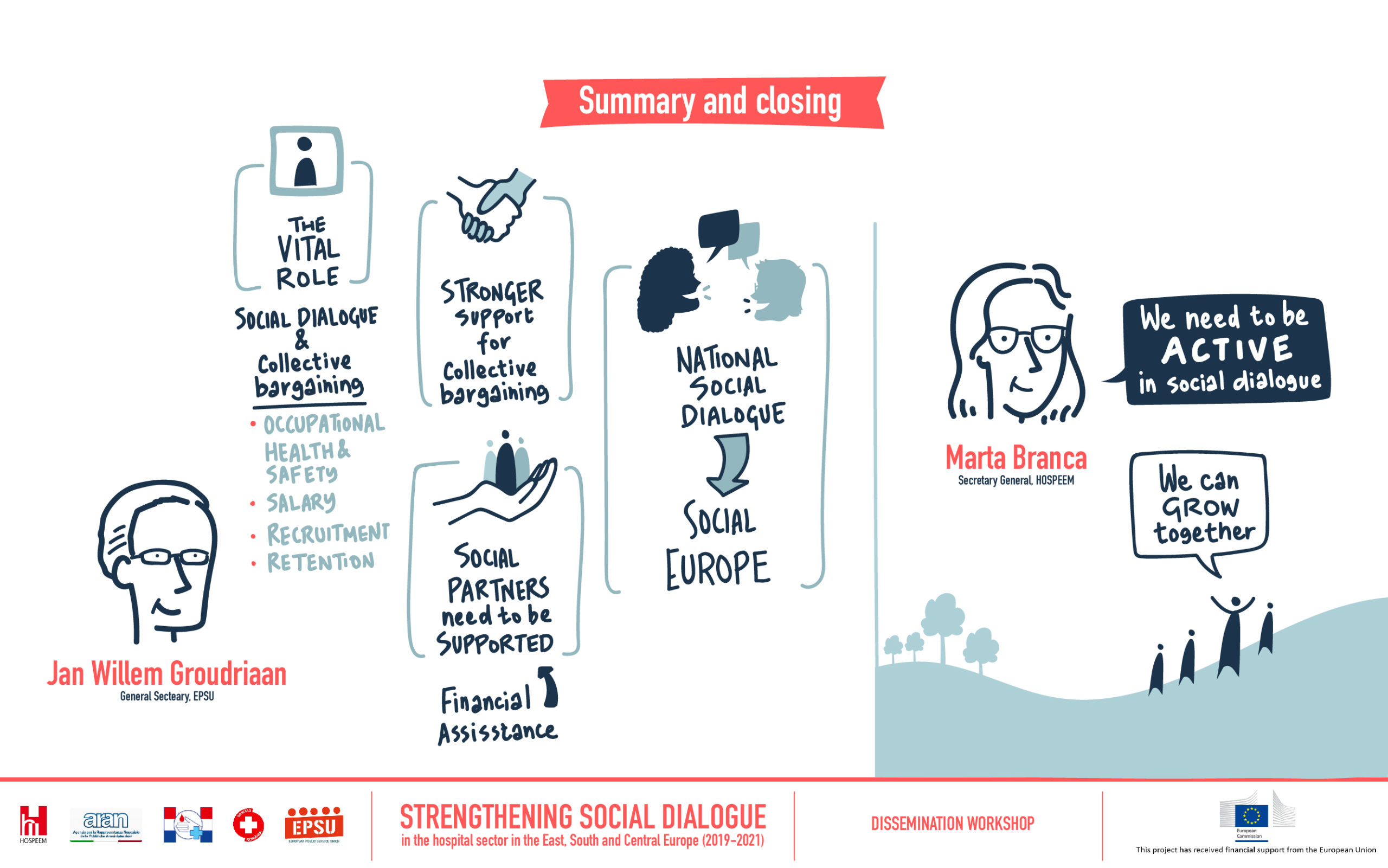
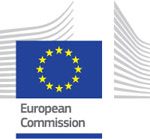
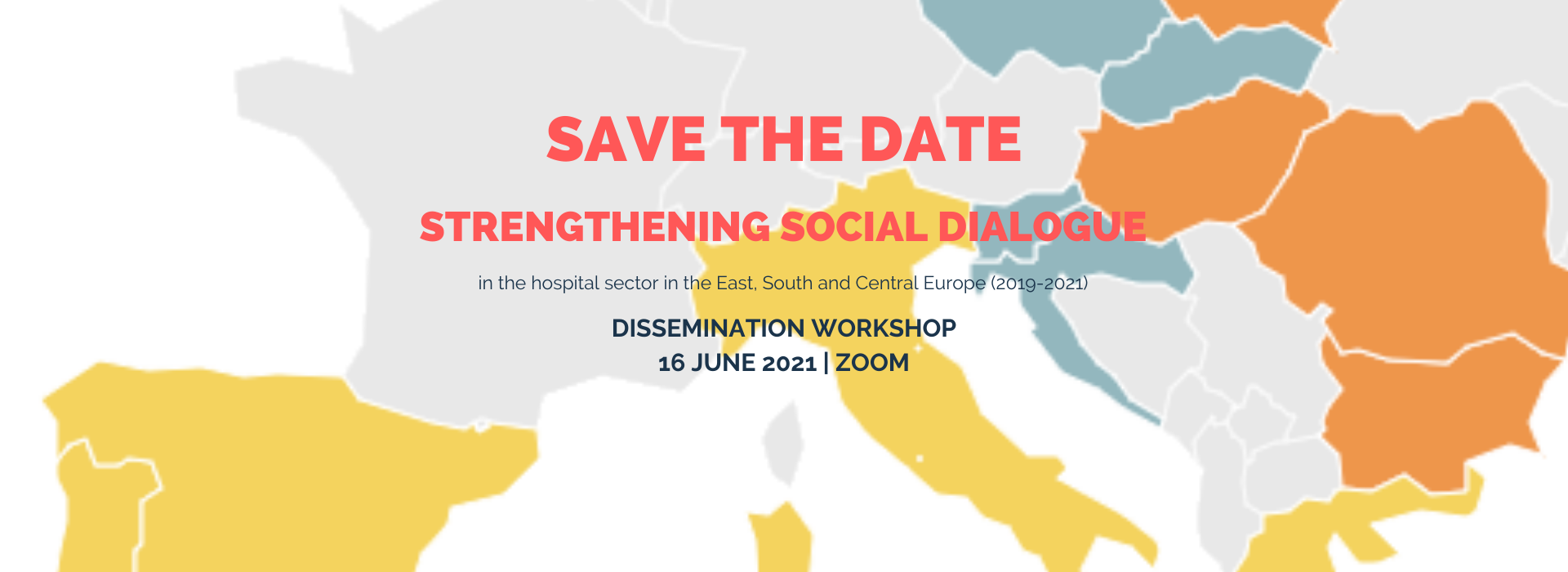
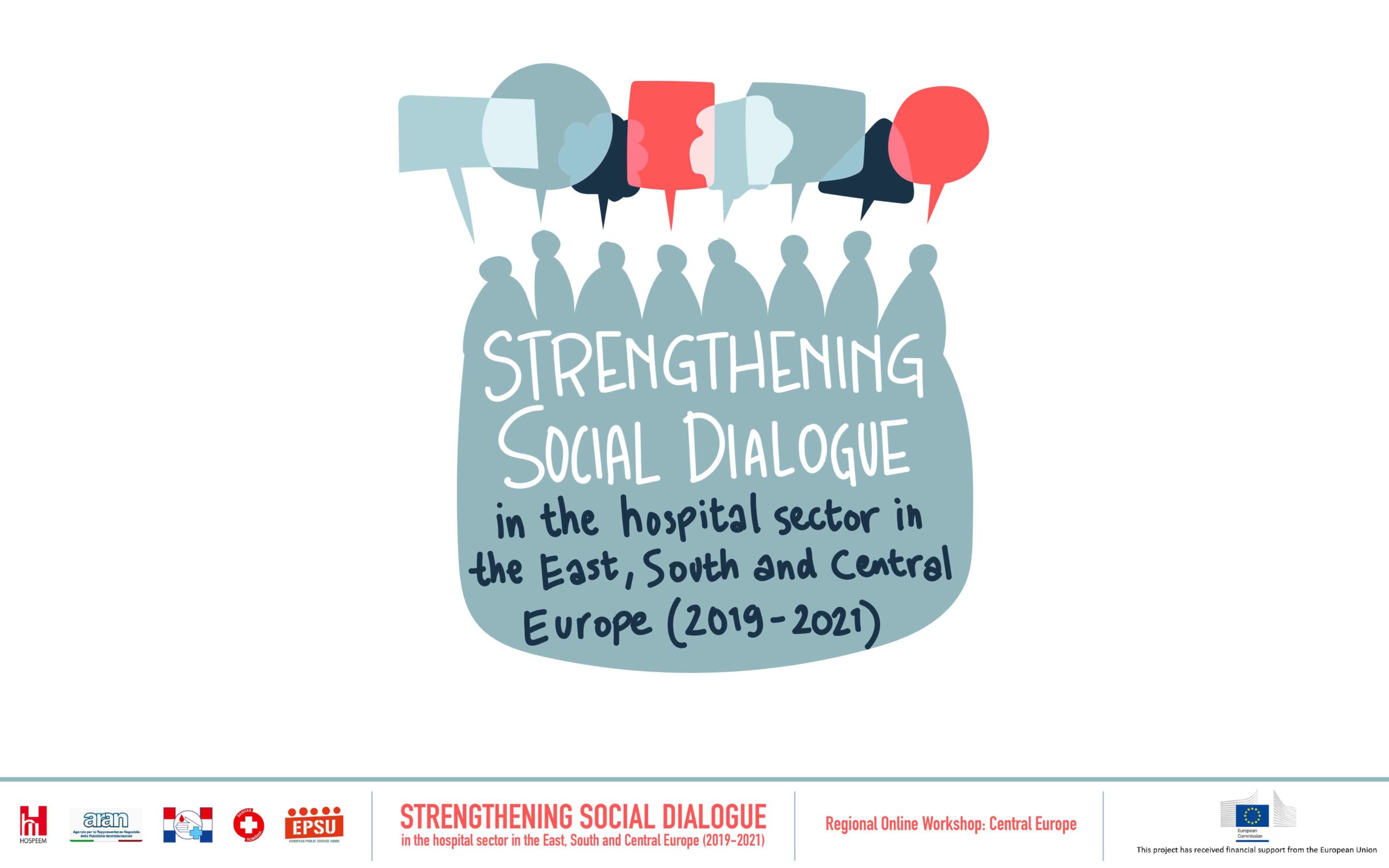
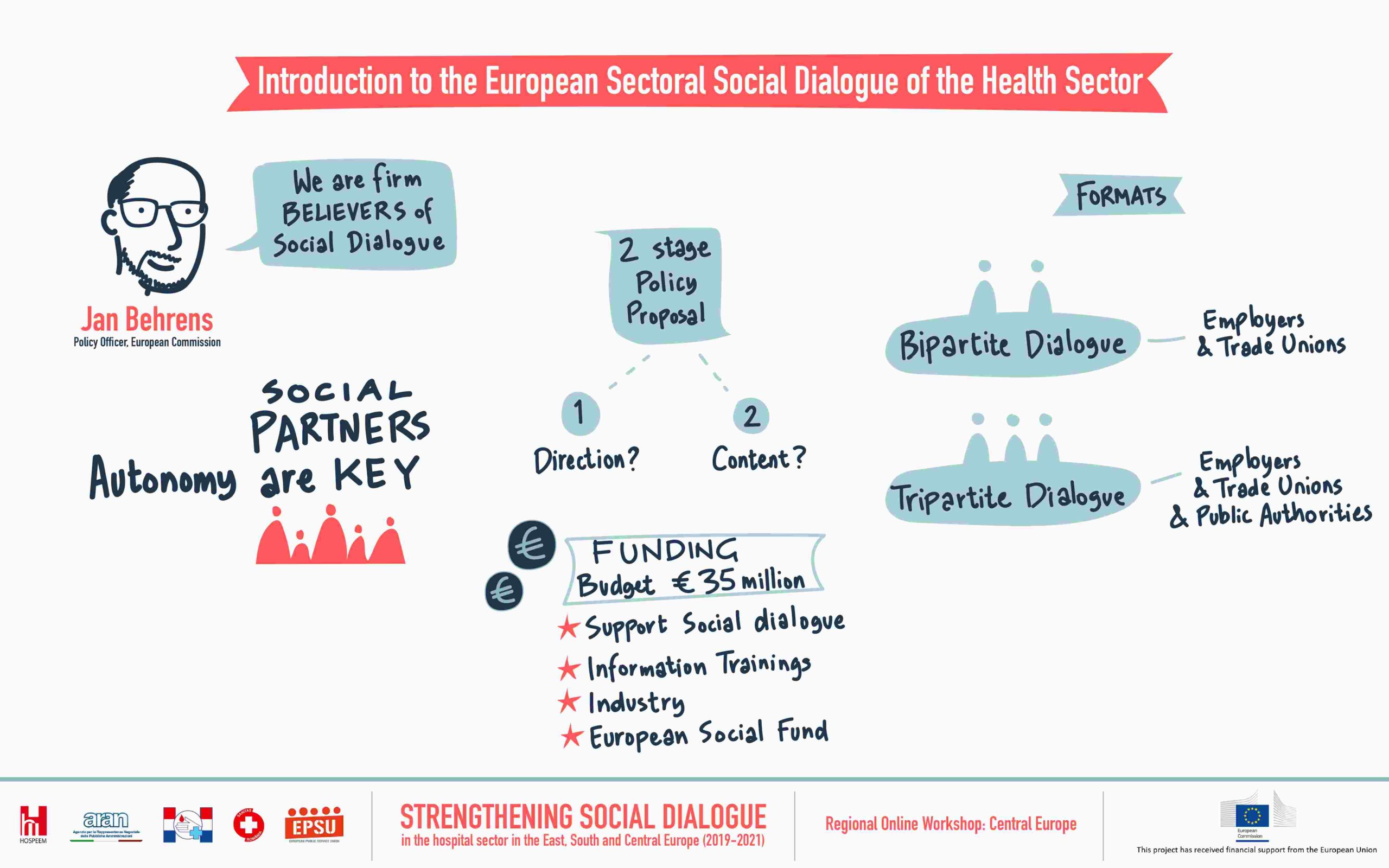
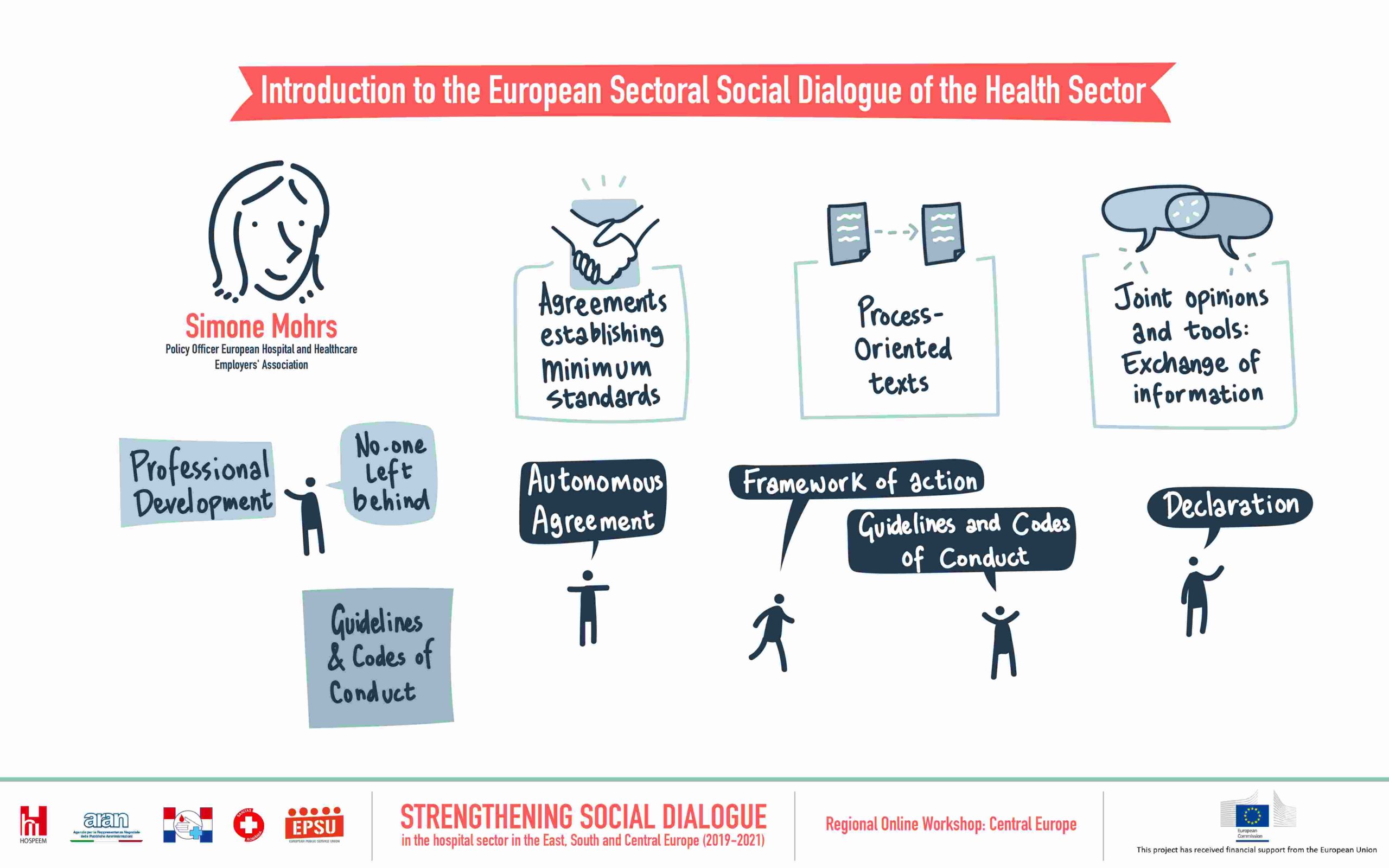
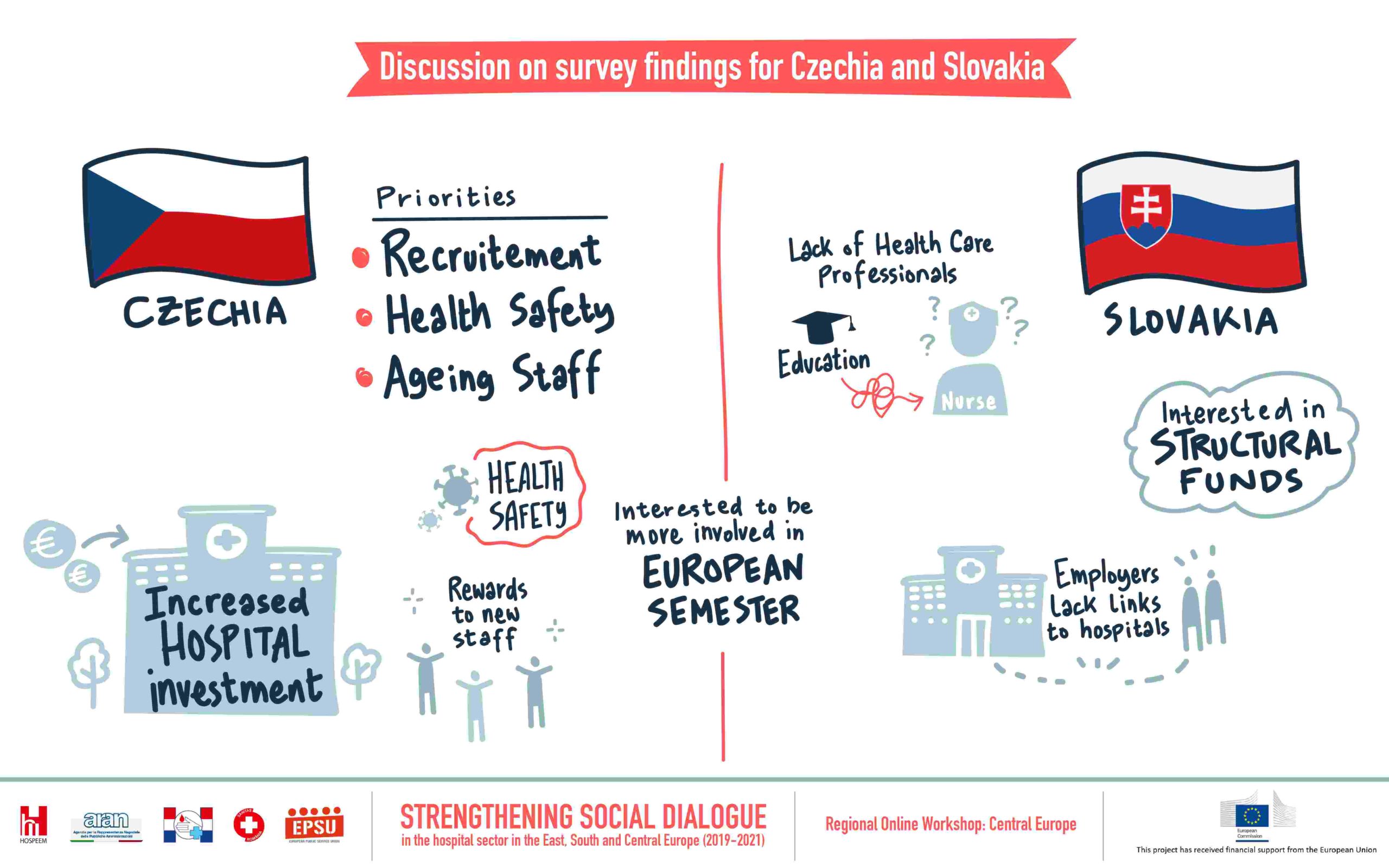
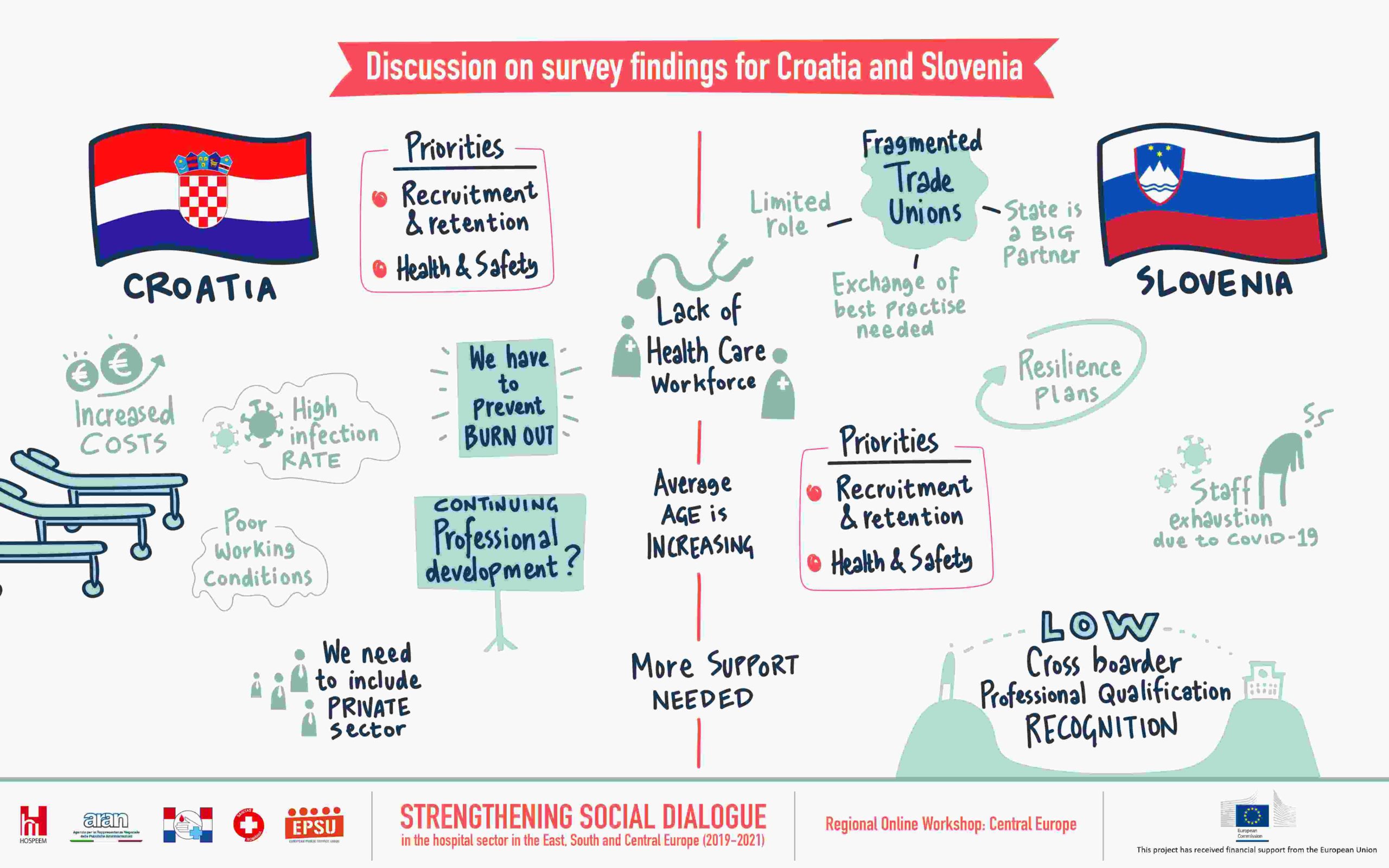


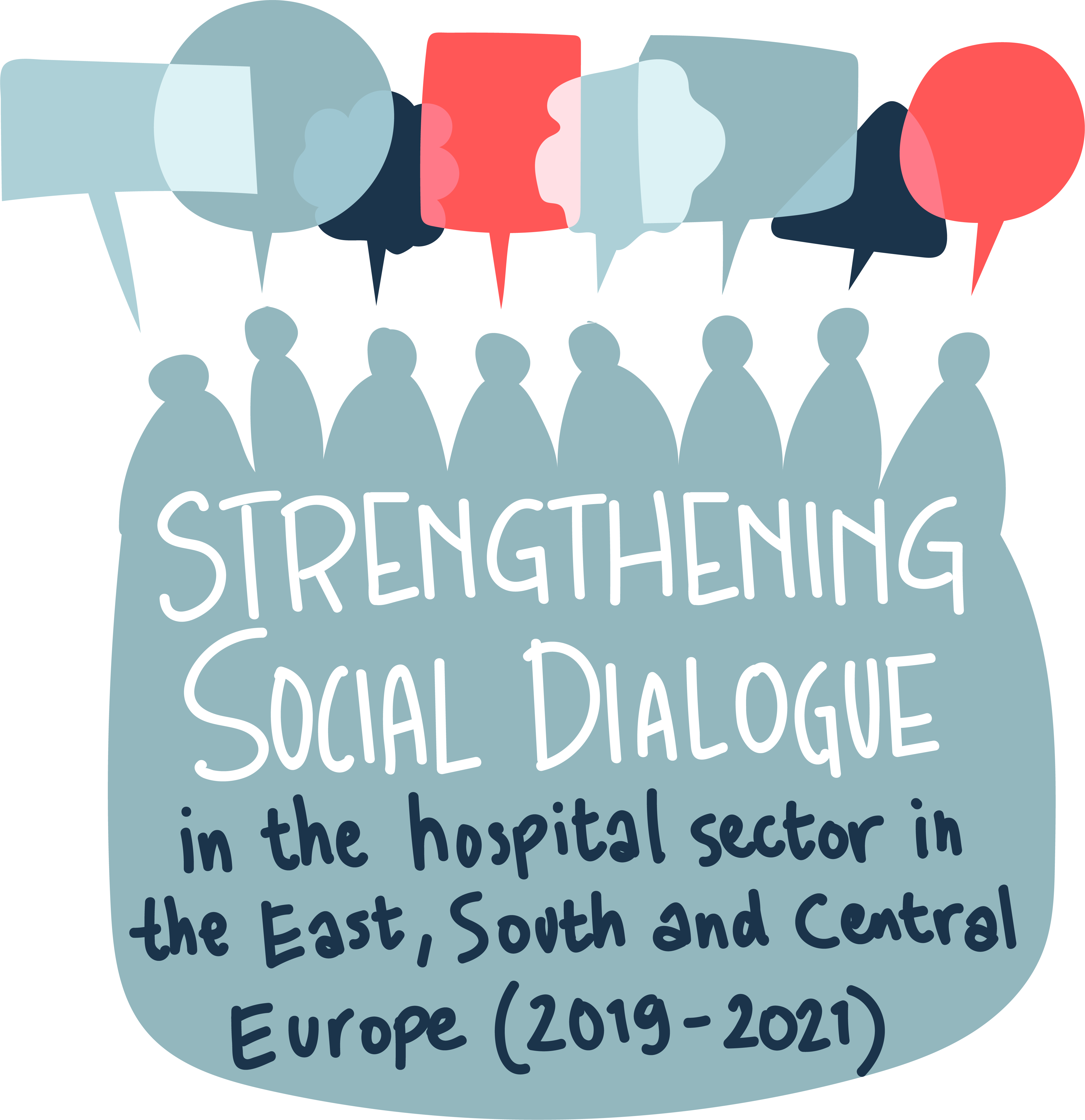 The third Regional Workshop of the
The third Regional Workshop of the  In this document you can find the highlights of the work of the HOSPEEM-EPSU Sectoral Social Dialogue Committee for the Hospital and Healthcare Sector. In 2020 the Sectoral Social Dialogue Committee for the Hospital and Healthcare Sector
In this document you can find the highlights of the work of the HOSPEEM-EPSU Sectoral Social Dialogue Committee for the Hospital and Healthcare Sector. In 2020 the Sectoral Social Dialogue Committee for the Hospital and Healthcare Sector
Recent Comments